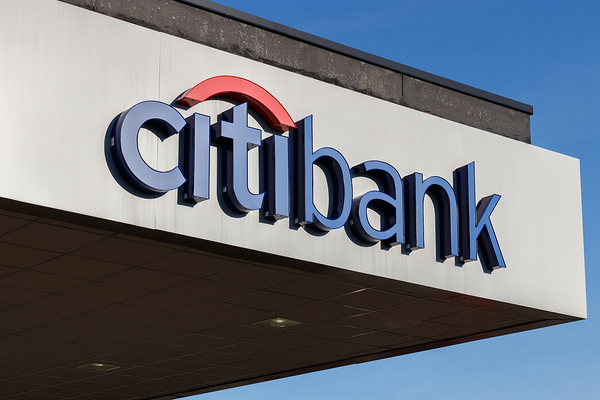View Sale Announcement Detail


Archived news
EXCERPT: With decreased spending opportunities due to the pandemic, consumers have lowered their expenses and continue to pay down debt. Unfortunately, this is making it difficult for banks and credit unions to support loan growth and earnings, which warrants the need to add loan growth through high-quality performing portfolios.

Americans are spending less and dedicating more of their available finances to paying down existing debts, and financial institutions are seeing thinned-out profits as a result.
The coronavirus pandemic has hit consumers hard in their wallets. Millions have lost their jobs or have seen a significant drop in business revenues, and as a result, their incomes have been slashed dramatically.
To hedge against risk, consumers have either been saving their money or paying down their debts. With incoming government financial assistance programs and more robust insurance benefits, consumers are using those funds to reduce their overall outstanding debt balances.
They're not going out to restaurants, spending money at movie theatres, or traveling. The holidays, which is typically a time of major spending, are not seeing the types of spikes in spending that usually accompany this time of year. People are hesitant to open their wallets in fear that their income could continue to be impacted into the foreseeable future.
At the same time, consumers are not as active with their borrowing, which is a problem for banks and credit unions that rely on profits from loans to generate earnings.

Credit Card Balances Are Declining Among Consumers
According to the Financial Times, consumers in the US have been paying down their outstanding credit card balances as the health crisis continues to hinder spending. In turn, bank credit card loans have plummeted. Total credit card loans in American banks amounted to $755 billion, which is about $100 billion lower than where things stood before the pandemic struck.
In the meantime, the number of consumers opening new credit card accounts dropped nearly 50 percent, down to 8.6 million over Q3 2020, according to TransUnion.
The decline in new accounts is having a negative effect on financial institutions across the nation. Citigroup, for instance, realized an 18 percent drop in credit card revenue this year compared to last.
American credit cardholders had slashed their balances for the sixth consecutive month by October. Revolving debt dropped $9.4 billion from July to August, marking the lowest level since 2017.
Banks and Credit Unions Should Reexamine Their Loan Portfolios
Credit card spending is likely to stay down until the virus fizzles out or a vaccine stems the course of infection, but until then, banks and credit unions have an ongoing issue on their hands. Luckily, there are steps that can be taken to hedge against risk and promote profitability.
Financial institutions are encouraged to closely examine their loan portfolios and make any required changes. Low-performing assets should be sold off to make room for higher-quality, shorter-term assets. Garnet Capital has the high-performing portfolios and cash flow opportunities available that banks need to add loan growth.
Browse white papers today or email garnet@garnetcapital.com for more info.

